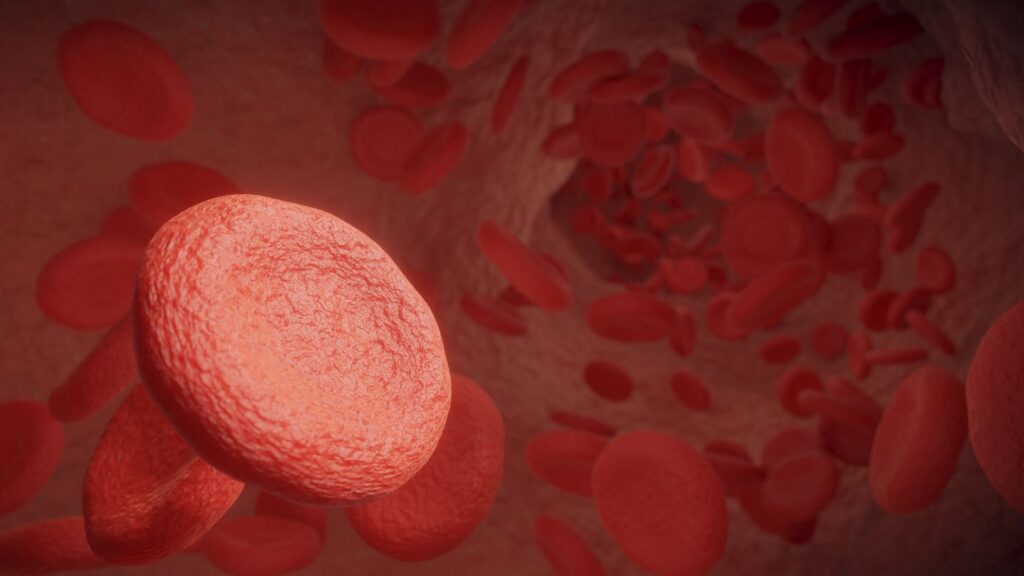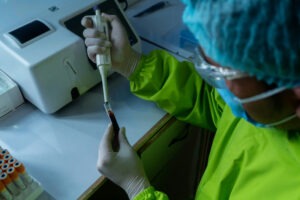UK-based biotechnology company IsomAb has secured £7.5m (approximately $9.4m) in a seed funding round to expedite the development of its lead candidate targeting peripheral arterial disease.

IsomAb's ISM-001 is a humanised antibody aimed at restoring blood flow in patients with diabetic vascular disease. Credit: Daniel Roberts from Pixabay.
Subscribe to our email newsletter
The financing round was spearheaded by Broadview Ventures, with additional support from current investor SCVC and new participant MEIF Proof of Concept & Early Stage Fund.
Mercia Ventures manages MEIF Proof of Concept & Early Stage Fund, which is part of the Midlands Engine Investment Fund (MEIF).
The seed financing will be instrumental in advancing the pre-clinical development of IsomAb’s lead antibody, ISM-001.
ISM-001 is a high-affinity, humanised antibody aimed at restoring blood flow in patients with diabetic vascular disease.
IsomAb CEO Jackie Turnbull said: “IsomAb’s lead programme targeting VEGF-A165b aims to treat peripheral arterial disease in the large proportion of patients with concomitant metabolic syndrome and Type II diabetes.
“We are delighted to have attracted a group of high-quality investors to support the early development of our novel programme toward CTA filing to enter the clinic.”
The European Union is financially supporting The Midlands Engine Investment Fund, which contributed to the latest funding round.
It utilises funds from the European Regional Development Fund (ERDF) as part of the European Structural and Investment Funds Growth Programme 2014-2020 and the European Investment Bank.
Established in 2022, IsomAb is a University of Nottingham spin-out. It focuses on the development of isoform-specific disease-modifying antibody treatments for serious and life-threatening ailments.
The company’s primary focus is on developing treatment for peripheral ischaemia.
Broadview Ventures principal Benjamin Kreitman said: “Peripheral artery disease remains a significant unmet medical need worldwide, and the development of novel treatments to alleviate ischemia could improve clinical care for millions of patients.
“As Broadview’s investment strategy is focused on the improvement of human health in the areas of cardiovascular disease and stroke, we are delighted to accelerate this highly innovative approach to treat peripheral artery disease.”
 Advertise With UsAdvertise on our extensive network of industry websites and newsletters.
Advertise With UsAdvertise on our extensive network of industry websites and newsletters.
 Get the PBR newsletterSign up to our free email to get all the latest PBR
news.
Get the PBR newsletterSign up to our free email to get all the latest PBR
news.

